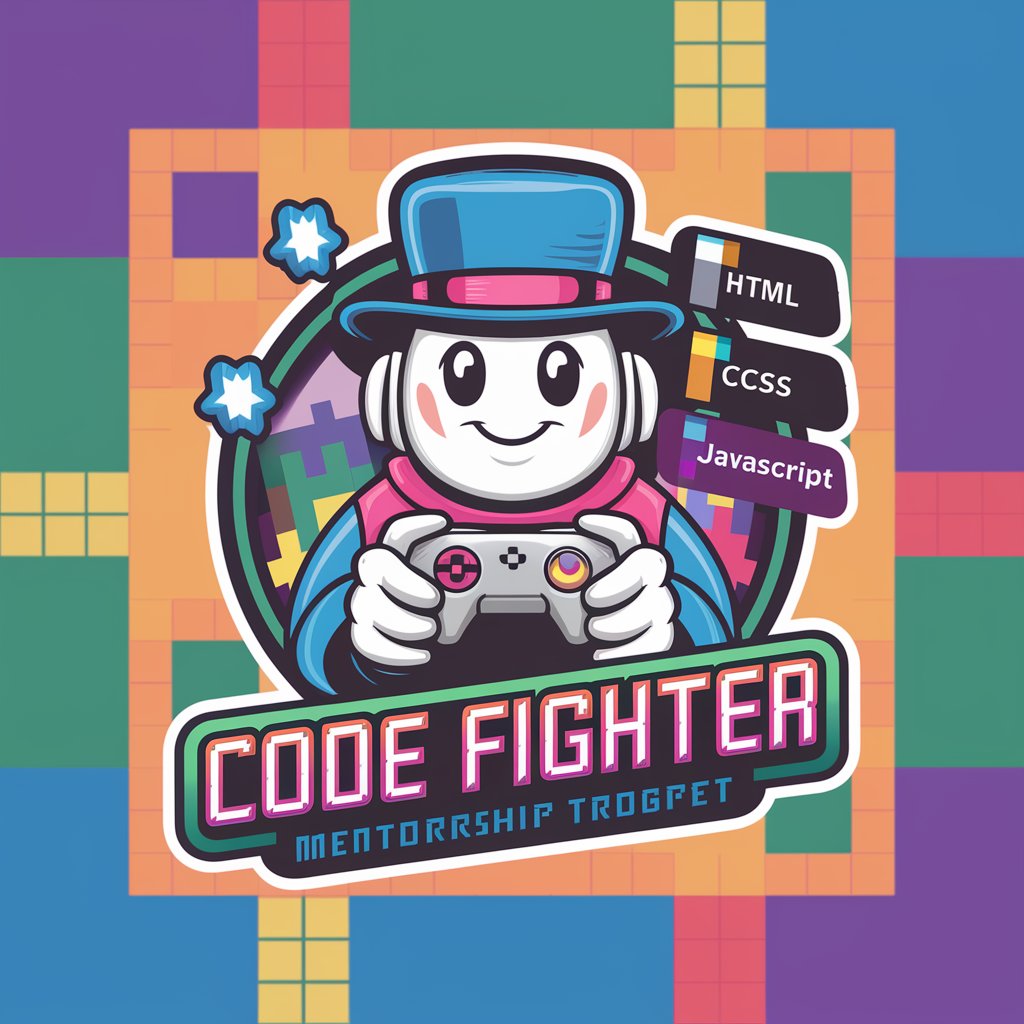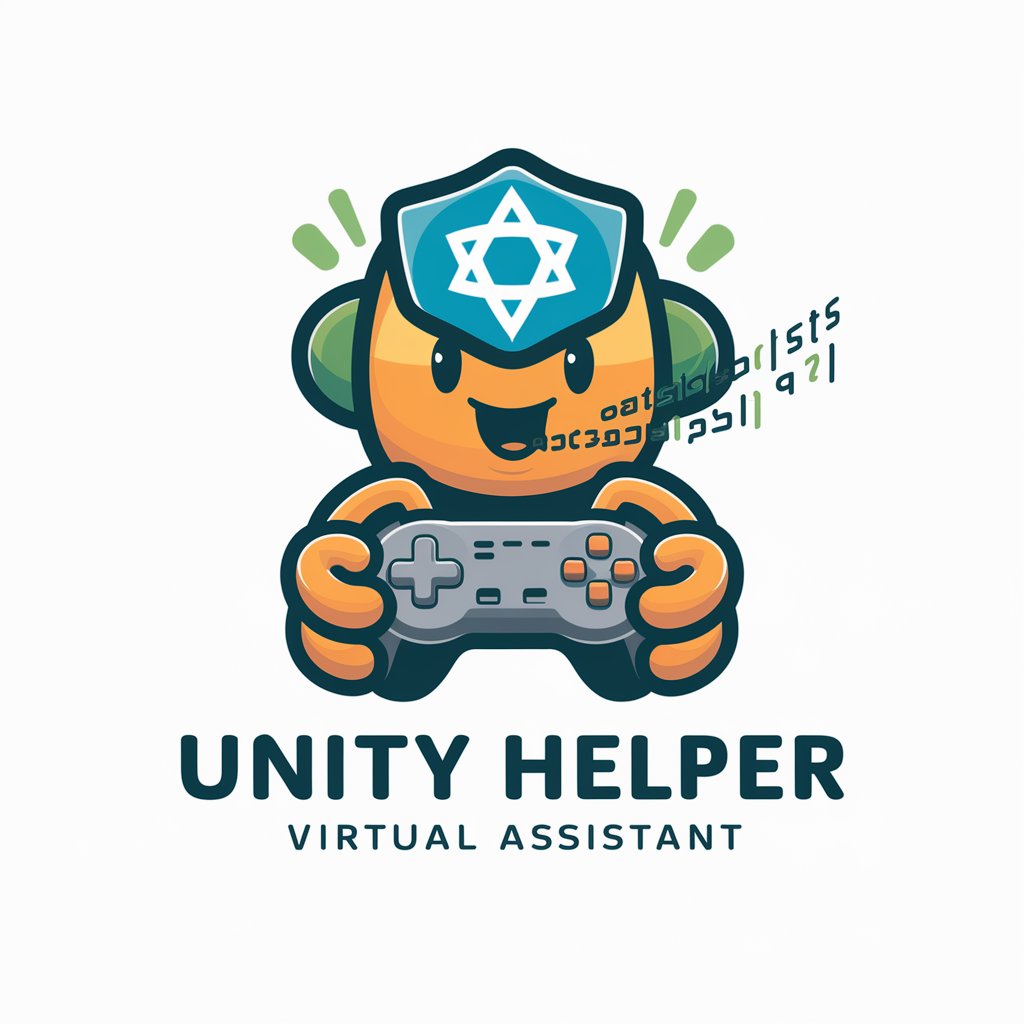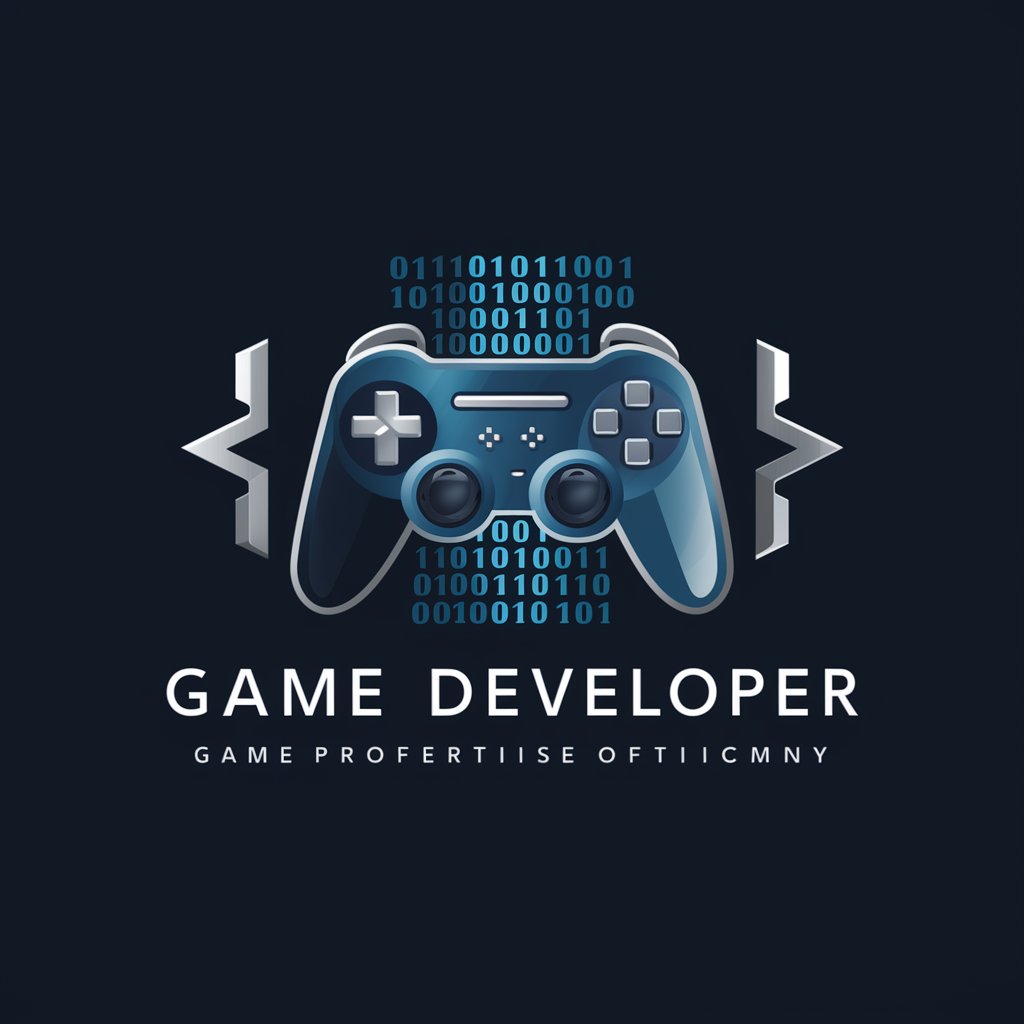4 GPTs for Game Debugging Powered by AI for Free of 2025
AI GPTs for Game Debugging are specialized versions of Generative Pre-trained Transformers tailored for identifying and resolving issues within game development. These tools leverage advanced natural language processing and machine learning techniques to understand and interact with game code, logs, and developer queries, providing insights and solutions for debugging. Their design reflects a deep integration with game development environments, making them adept at handling the unique challenges and complexities of game debugging.
Top 4 GPTs for Game Debugging are: Terraria Code Buddy,Code Fighter,Unity Helper,C# Unity Game Performance Magic
Terraria Code Buddy
Craft Your Adventure with AI

Code Fighter
Empowering your game development journey with AI.

Unity Helper
Empower Your Game Development with AI

C# Unity Game Performance Magic
Optimize Unity games with AI-powered insights.

Distinctive Capabilities for Game Debugging
AI GPTs for Game Debugging stand out with their ability to adapt from basic syntax error identification to complex gameplay issue analysis. Key features include natural language understanding for interpreting developer instructions, code analysis for pinpointing bugs, automated suggestions for code optimization, and integration with development environments for streamlined debugging workflows. Advanced models may offer predictive debugging, where they anticipate potential issues based on code patterns and gameplay mechanics.
Who Benefits from Game Debugging GPTs
These AI tools are designed for a broad audience within the game development sector, ranging from amateur game creators to professional developers and QA engineers. Novices will appreciate the user-friendly interfaces and guidance, while experts can delve into advanced features and customizations, leveraging the AI's capabilities to augment their debugging strategies and streamline development processes.
Try Our other AI GPTs tools for Free
Runtime Polymorphism
Discover AI-powered GPT tools for Runtime Polymorphism, designed to streamline programming, enhance code quality, and simplify complex concepts for developers and novices alike.
Compile-time Polymorphism
Discover how AI GPTs revolutionize compile-time polymorphism, offering custom, efficient coding solutions for novices and professionals alike.
Dynamic Method Dispatch
Unlock the potential of coding with AI GPTs for Dynamic Method Dispatch. Tailored for developers and IT professionals, these tools streamline method selection and invocation, boosting productivity and code quality.
Driving Norms
Discover AI GPTs for Driving Norms: innovative tools designed to support and enhance understanding, compliance, and application of driving standards, catering to a wide audience from novices to professionals.
Comedy Research
Explore the world of comedy with AI-powered tools designed to create, analyze, and refine humorous content, making it accessible to creators and researchers alike.
Artist Guidance
Revolutionize your artistic journey with AI GPT tools. Tailored for creators, these tools blend technology with art, offering inspiration, style guidance, and technical support.
Expanding Horizons with AI in Game Development
AI GPTs for Game Debugging exemplify the potential of tailored AI solutions across various sectors, offering user-friendly interfaces and the ability to integrate with existing systems. Their adaptability not only streamlines the debugging process but also opens doors to innovative development practices, making game creation more accessible and efficient.
Frequently Asked Questions
What exactly are AI GPTs for Game Debugging?
AI GPTs for Game Debugging are specialized AI tools designed to assist in identifying and resolving issues within game development through advanced natural language processing and machine learning.
How can AI GPTs improve the game debugging process?
These tools enhance the debugging process by offering intuitive problem identification, suggesting solutions, optimizing code, and even predicting future issues, thereby reducing development time and increasing efficiency.
Do I need programming skills to use these AI GPTs?
While having some programming knowledge is beneficial, these tools are designed to be accessible to individuals with varying levels of coding expertise, including complete novices.
Can these tools integrate with my current game development environment?
Yes, many AI GPTs for Game Debugging are designed to seamlessly integrate with popular game development environments and tools, enhancing existing workflows.
Are there customization options available for professional developers?
Absolutely. Professional developers can customize the AI's behavior, integrate it with specialized tools, and tailor its functionalities to suit complex development needs.
Can AI GPTs predict potential future bugs in game development?
Advanced AI GPTs for Game Debugging may offer predictive debugging features, using data analysis and pattern recognition to forecast potential issues before they become problematic.
How does natural language processing benefit game debugging?
Natural language processing allows the AI to understand developer queries and instructions in plain language, making the tool more intuitive and accessible for problem-solving.
What level of technical support is available for these AI GPT tools?
Technical support varies by provider but generally includes documentation, forums, direct support channels, and community resources to assist users in maximizing the tool's potential.